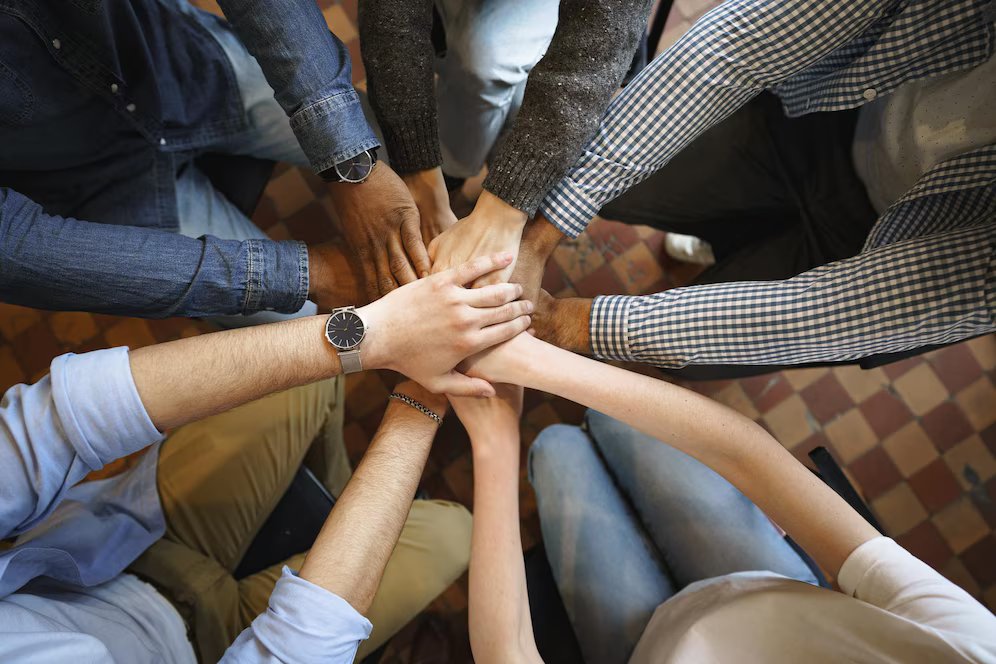
A History and Its Significance
Every year on June 7th, the Philippines marks National Migrant Workers’ Day 2024. This day holds great significance for the millions of overseas Filipino workers (OFWs) and the entire nation. It’s a day to celebrate their contributions, raise awareness about migration issues, and advocate for their rights.
A Day Rooted in Legislation
The history of National Migrant Workers’ Day is directly linked to a landmark piece of legislation – the Migrant Workers Act of 1995, also known as Republic Act 8042. This act, signed into law on June 7th, 1995, established a comprehensive framework for the protection and promotion of the welfare of Filipino migrant workers.
It created the Overseas Workers Welfare Administration (OWWA), a government agency tasked to provide assistance to, protect the rights, and promote the welfare of overseas Filipino workers and their families.
Celebrating Contributions, Recognizing Challenges
National Migrant Workers’ Day is a powerful reminder of OFWs’ immense contributions to the Philippines. Their remittances – money sent back home – are a vital source of income for families and communities.
In 2023 alone, OFWs sent home over $36 billion, a significant portion of the country’s GDP. They also bring back valuable skills and knowledge, contributing to the nation’s development.
However, National Migrant Workers’ Day also serves as a call to action. While the Migrant Workers Act established necessary safeguards, many Filipinos overseas still face challenges. Exploitation, discrimination, unfair labor practices, and human rights violations remain a concern.
In collaboration with the private sector, the Philippine government must continuously work to improve the protection mechanisms for its migrant workforce.
Beyond National Borders: International Solidarity

The country is not alone in recognizing the importance of migrant workers. The United Nations General Assembly declared December 18th as International Migrants Day. This day highlights the experiences of all “international migrants” – including refugees or people moving or have moved across borders, whether for work, family, education, or other reasons.
International Migrants Day underscores the need for a global approach to migration. It emphasizes the importance of upholding the rights of all migrants, regardless of their origin or destination.
Countries need to work together to establish international conventions that ensure safe and orderly migration and protect migrants from exploitation and abuse.
Looking Ahead: A Brighter Future for Migrant Workers

National Migrant Workers’ Day is an opportunity to reflect on the past, celebrate the present, and look toward a brighter future for Filipino migrant workers (OFWs). With their hard work and sacrifice, OFWs deserve robust protections and opportunities. Here are some key areas for continued progress:
Strengthening enforcement of the Migrant Workers Act
The government must ensure proper implementation of the Migrant Workers Act and hold violators accountable. This requires rigorous monitoring and a robust legal framework to address violations effectively.
By strengthening enforcement mechanisms and increasing penalties for non-compliance, the government can better protect migrant workers’ rights. Additionally, aligning national policies with international convention standards will enhance the credibility and effectiveness of these measures, ensuring that migrant workers receive the protection and respect they deserve globally.
Promoting fair employment practices
Collaboration with destination countries is crucial to prevent exploitation and ensure fair wages and working conditions. Bilateral agreements and international convention guidelines can serve as a foundation for establishing minimum standards for employment practices.
By fostering partnerships with host countries and international organizations, the government can advocate for the ethical treatment of workers and promote transparency in recruitment processes. This can be further supported by regular audits and the creation of channels for workers to report abuses without fear of retaliation, ensuring that fair employment practices are upheld universally.
Providing comprehensive assistance
The Overseas Workers Welfare Administration (OWWA) and the Department of Migrant Workers (DMW) should continue to provide pre-departure orientation, skills training programs, and support services for Overseas Filipino Workers (OFWs) and their families.
These initiatives are essential in equipping workers with the necessary knowledge and skills to thrive in foreign job markets. Moreover, ongoing support such as legal assistance, financial literacy programs, and mental health services plays a critical role in the well-being of OFWs.
Enhancing collaboration with the private sector
Recruitment agencies offering jobs, employers, and other stakeholders in the migration process need to be actively involved in protecting worker rights. By fostering a collaborative environment, the government can ensure that private sector entities adhere to ethical recruitment practices and labor standards.
This collaboration can lead to the development of innovative solutions that address common issues migrant workers face, ultimately creating a safer and more supportive environment for all involved.
Promoting cultural events
Celebrating the heritage and contributions of OFWs through cultural events fosters a sense of community and belonging. These events not only highlight the diverse cultural backgrounds of migrant workers but also acknowledge their significant contributions to both their home and host countries.
When aligned with international convention efforts, such initiatives can also help integrate migrant workers into their new communities, thus enhancing social cohesion and mutual understanding.
A Call to Unite for Empowerment and Protection of Our Migrant Heroes
National Migrant Workers’ Day is more than just a commemoration; it is a call to action.
It calls for the government, members of the private sector, and Filipino society to work together to create a future where migrant workers are valued, protected, and empowered to reach their full potential. By upholding their rights and recognizing their sacrifices, we can ensure that migration remains a force for positive change for individuals, families, and communities – both in the Philippines and around the world.

Celebrate Life’s Milestones in Camella!
Make unforgettable memories in a Camella home.
Our communities are designed to elevate your living experience.


